Amid the ongoing national crisis over the deadly COVID-19 virus, the President of the United States warned of another national crisis on Thursday: the “ideological poison” of “radical” history education.
Speaking on Constitution Day from the National Archives—where original copies of the Declaration of Independence, the Constitution of the United States and the Bill of Rights are on display—during a White House conference on American History, President Donald Trump announced that he was signing an executive order to establish the “1776 Commission,” a group that would “promote patriotic education,” and that the National Endowment for the Humanities would be awarding a grant to support the development of a “pro-American curriculum that celebrates the truth about our nation’s great history.”
In the course of his announcement, Trump claimed that people on the left want to “bully Americans into abandoning their values, their heritage and their very way of life,” and denounced the forces that he blamed for propagating that view in history classes. He called the New York Times’ 1619 Project, which reframes the story of nation’s founding around the arrival of the first enslaved Africans in Virginia, “toxic propaganda,” and he also singled out the late Howard Zinn, author of A People’s History of the United States. Zinn’s book, widely used in schools since it was published in 1980, is credited for helping popularize a bottom-up approach to history, as an alternative to telling the story of the U.S. via the top-down achievements of elite white men.
Such approaches to history, which encourage students to challenge long-standing narratives about national heroes, are “ideological poison, that if not removed will dissolve the civic bonds that tie us together,” Trump said. Under his plan, he said, “Our youth will be taught to love America with all of their heart and all of their soul.”
The federally-funded “patriotic” curriculum Trump promised is set to be an adaptation of Land of Hope: An Invitation to the Great American Story, by Wilfred M. McClay, a University of Oklahoma historian who also spoke at the Thursday event. Prior to the President’s speech, a panel of professors and education experts—as well as Ben Carson, Secretary of the U.S. Department of Housing and Urban Development—sang the book’s praises. When it came out last year, it was hailed by the right-leaning The National Review as “essential” and “an extraordinary act of patriotism”; on the other side, Georgetown University history professor Michael Kazin argued it “ignores most social movements ” and gives the “silent treatment to the long struggle for black freedom.”
While there are voluntary national guidelines for history education, the U.S. has no specific federally mandated curriculum for the subject.
But this wasn’t the first time Trump has tackled the topic of history curricula. His speech elaborated on a tweet he sent last week expressing horror that schools were teaching the 1619 Project’s accompanying curriculum, not long after he told federal agencies to halt sensitivity trainings that incorporate critical race theory, a framework that examines American history and culture through the lens of race.
“We will never submit to tyranny,” Trump assured the audience, arguing baselessly that radicals want to keep Americans from speaking the truth. “We will reclaim our history.”
And while Trump’s push for “patriotic education” via McClay’s work may be new, it in fact echoes decades of conservative efforts to counter Zinn’s narrative, says Adam Laats, historian and author of The Other School Reformers: Conservative Activism in American Education. Examples include David Barton’s WallBuilders project, “dedicated to presenting America’s forgotten history and heroes,” and A Patriot’s History of the United States: From Columbus’s Great Discovery to the War on Terror, a 2004 book by Larry Schweikart and Michael Allen. (Zinn’s work has come in for criticism from academic historians on the left too, but the field today broadly acknowledges that a full recounting of history cannot be made without taking into account the lived experiences of people beyond the halls of power.)
More general efforts to encourage the inculcation of patriotism via the history classroom are even older than that, as TIME reported earlier this week. During the Red Scare of the 1920s, the American Legion attempted to develop a patriotic textbook. And in the 1960s and ’70s, the U.S. Supreme Court’s nixing of school-sponsored prayer, combined with busing efforts to integrate schools, fueled conservative concerns about the state of public education that continue to this day, Laats says.
But, all along, other historians have argued that, even accepting the premise that history education should instill patriotism—a premise to which many object—the way to do so is to give students the full picture, not to focus exclusively on the moments of glory. In 1948, when his work was banned from schools for seeming too favorable to communism, curriculum writer Paul Hanna argued that students would be more likely to fall for propaganda if they were spared the more unsavory parts of their own country’s history.
On Twitter, historian Joanne Freeman echoed that idea Thursday, writing that to “love a nation is to embrace it with all its complexity.”
And while Trump worries Howard Zinn and the 1619 Project will make Americans “ashamed” of their country, recent polls indicate that Americans are ready to learn. A Southern Poverty Law Center poll published Thursday found that 70% of Americans support anti-racism education policies “to reduce and prevent hate and extremism”; Pew polling found that roughly the same majority believe that acknowledging the nation’s historical flaws makes the U.S. stronger today.
Not everyone who feels that way was entirely dismayed by the President’s announcement. Nikole Hannah-Jones, one of the creators of the 1619 Project, tweeted that she takes “great satisfaction” from some aspects of the fight against her work—after all, those who try to suppress it only prove how significant its impact has been.

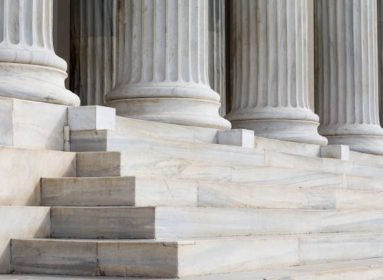
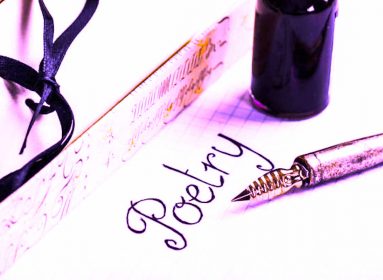
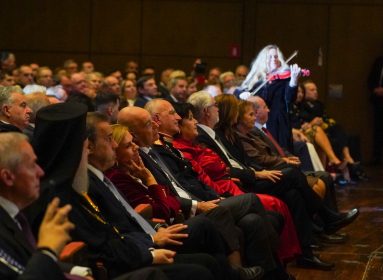
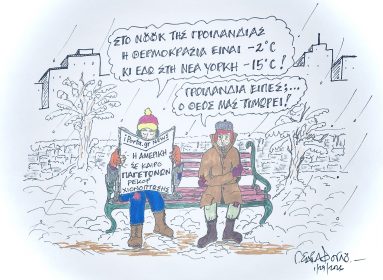
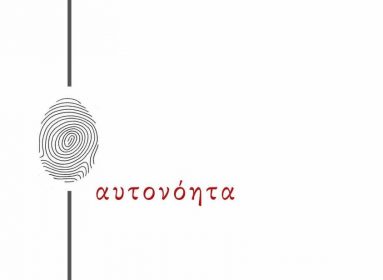
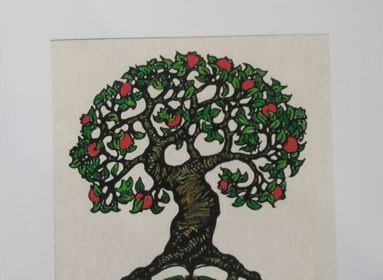
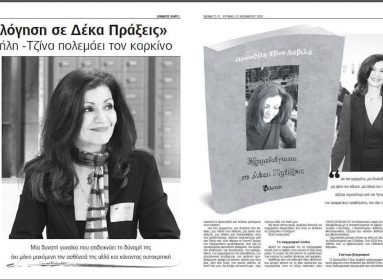
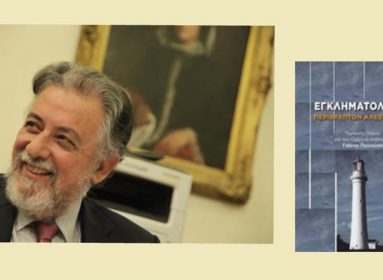









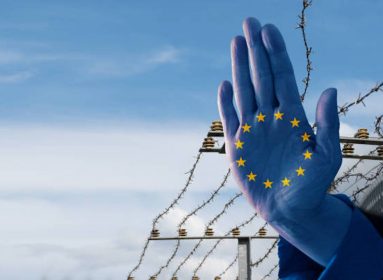
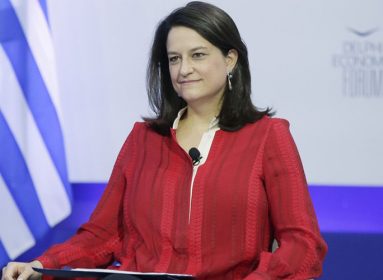
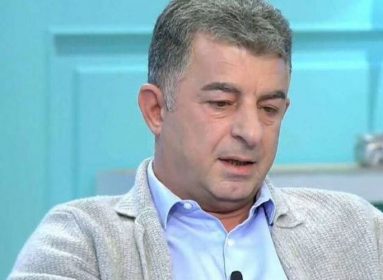
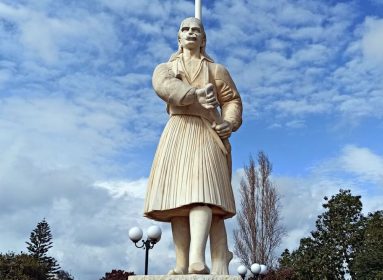
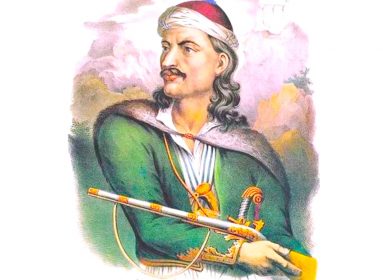
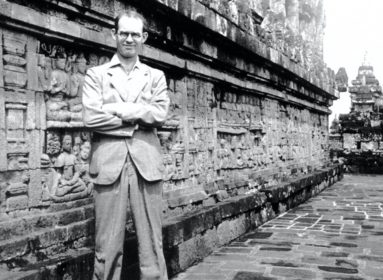
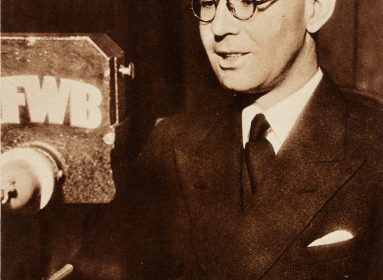
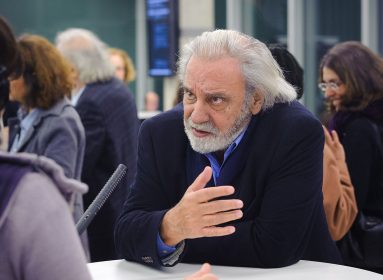


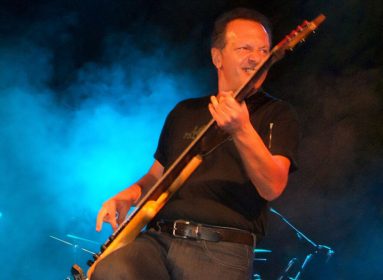
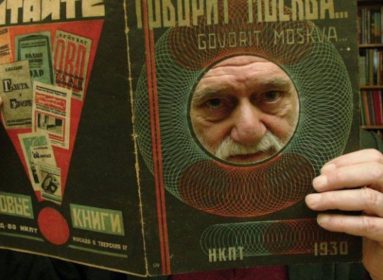
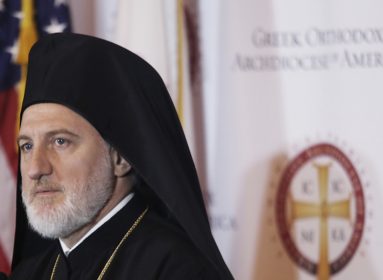
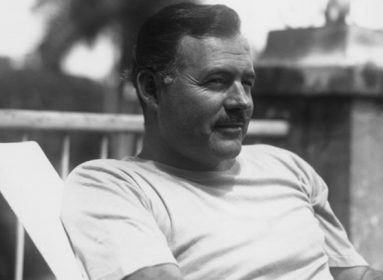
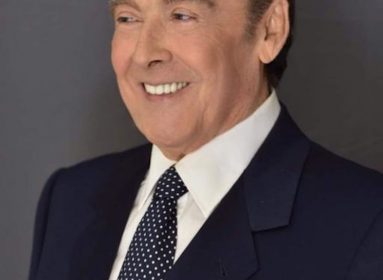
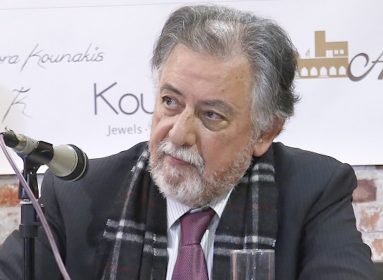
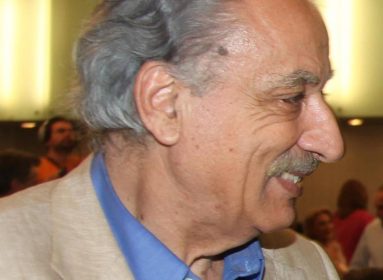
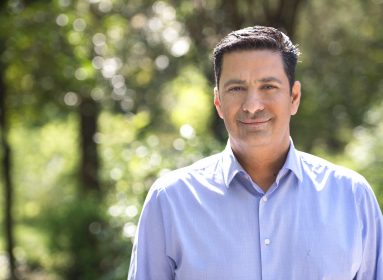
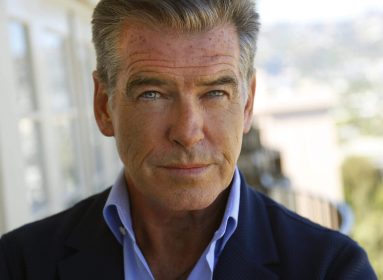
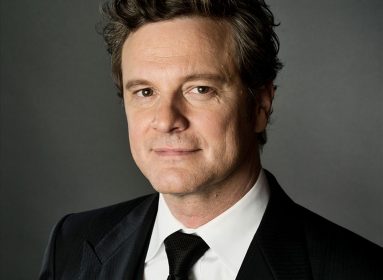


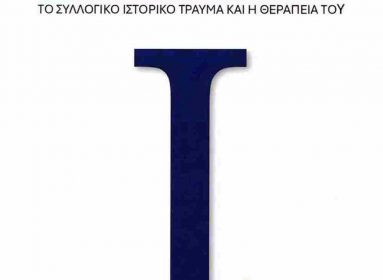
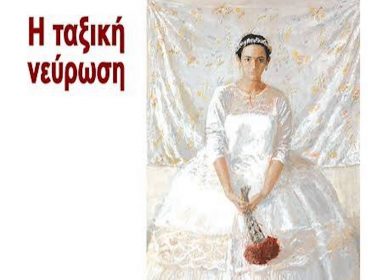
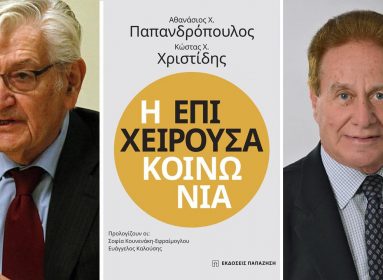
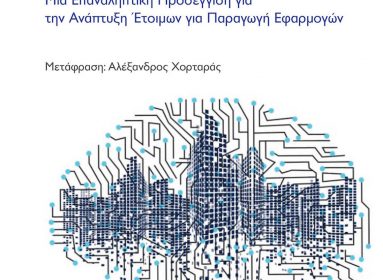


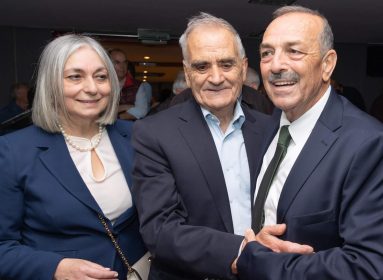

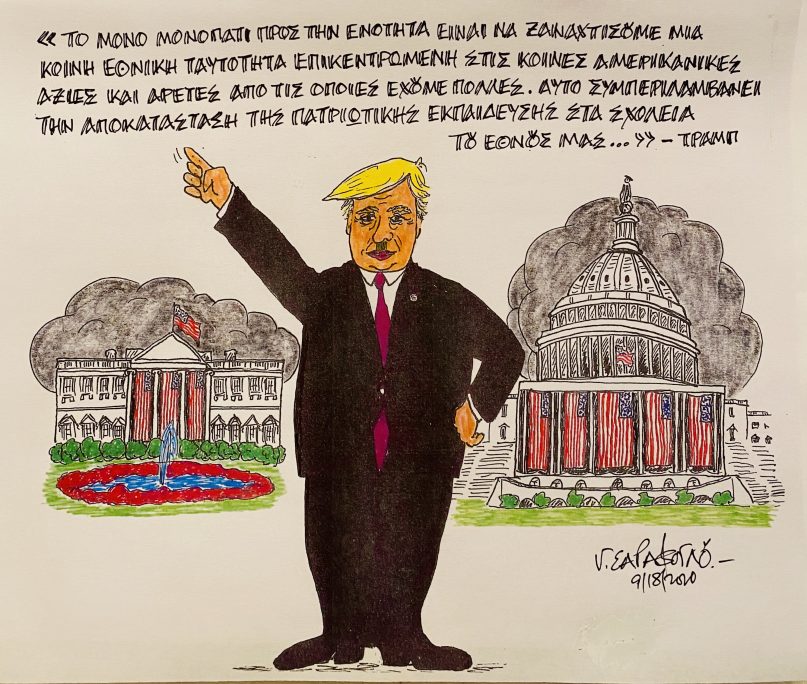
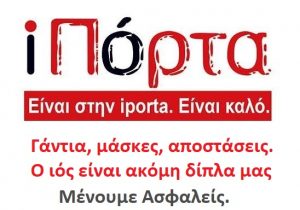
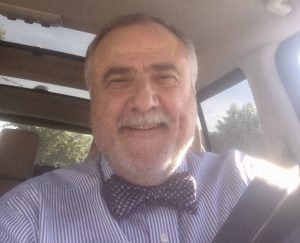

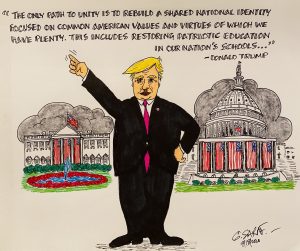
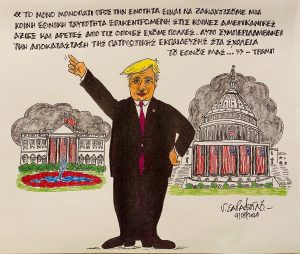

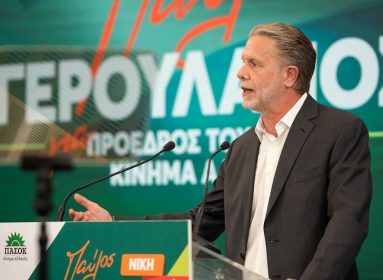
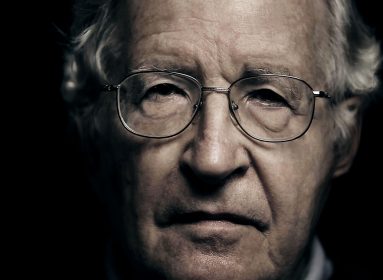
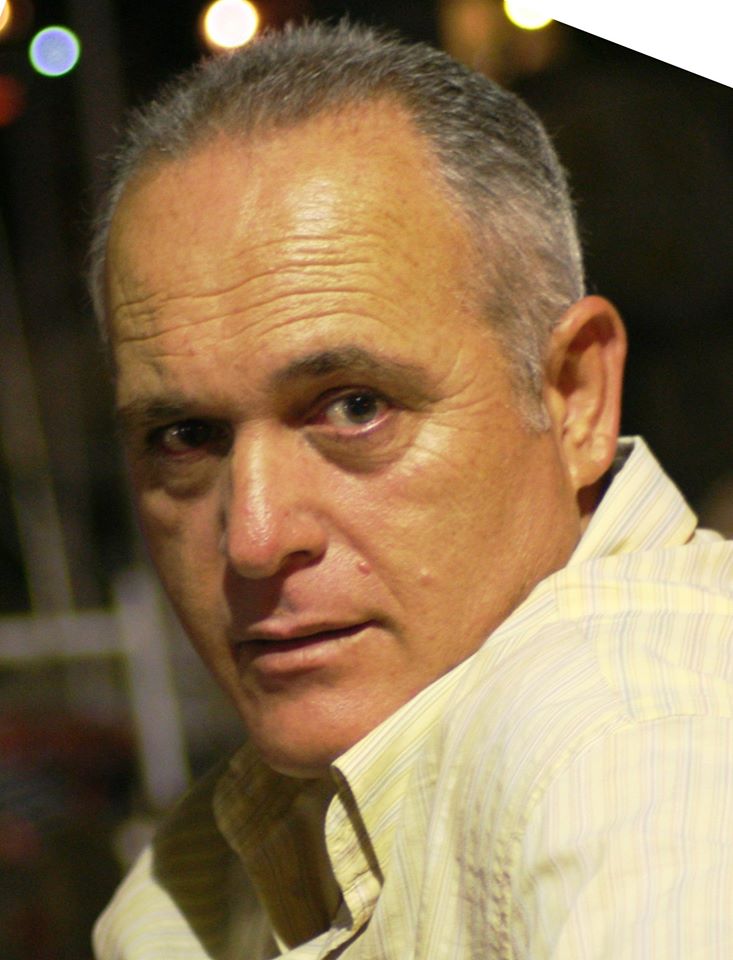
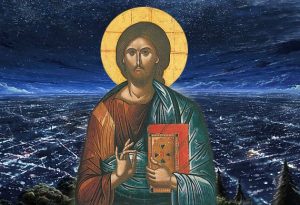


 Το σκίτσο είναι του Βαγγέλη Παυλίδη
Το σκίτσο είναι του Βαγγέλη Παυλίδη
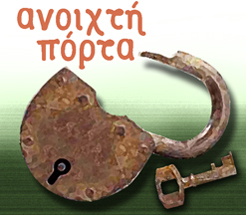
 Στηρίξτε-Ενισχύστε την iΠόρτα με τη δική σας χορηγία…
Στηρίξτε-Ενισχύστε την iΠόρτα με τη δική σας χορηγία…